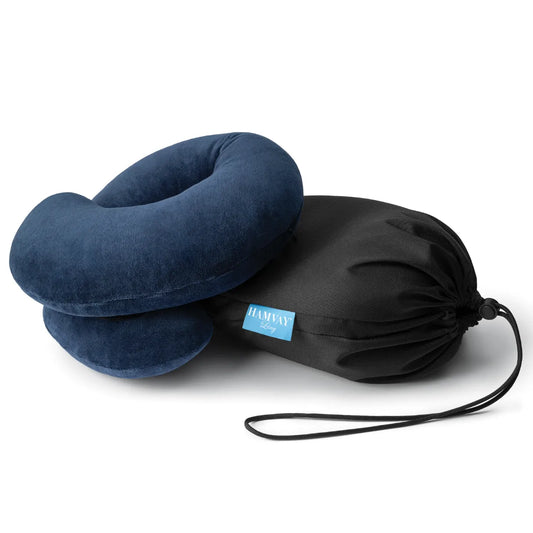
Why Elderly Should Care For Their Sleep Routine
Share
So you're getting older, and your body is starting to show it. You may be experiencing aches and pains or just not sleeping as well as you used to. While some things are inevitable with age, you don't have to let insomnia run rampant through your life. Moreover, you can also look for some homecare assistance, such as dementia home care Whittier, you can trust them by leaving your older ones in their care, so they have the best time of their lives with comfort at their own home.
Here are a few steps on how you can keep those sleep troubles at bay.
1. Keep Your Life As Normal As Possible
As we grow older, we tend to fixate more and more on our age and what that means for us regarding everyday living. When our bodies start feeling old, the first thing we do is panic; this inevitably leads us to try out all sorts of weird home remedies found on Pinterest, such as soaking feet in jalapeno juice in a desperate attempt to feel younger. We start to let the thoughts of old age control our everyday life when all we need is a good night's sleep. Our bodies don't break down because we're ageing; they break down from stress and lack of care. The more you can do to stay calm and help yourself get through your day with ease, the better off your body when it comes time for bedtime.
2. Stick To A Routine
It's so essential for most people to have a routine in their lives, but it is even more crucial as we get older. I'm not talking about waking up at 6 am every morning and working out before breakfast, but I am speaking about the importance of keeping your daily life regular. If you are eating, sleeping, exercising, and waking up at the same times every day, chances are better that you won't have trouble falling asleep. Also, get in the habit of winding down at the same time every night before bed.
3. Turn Off The Electronics
We know this one seems like a no brainer given how many sleep studies have linked being on electronics right before bedtime to people's inability to fall asleep faster. Still, it is surprising how many people don't follow this advice! Our bodies do take cues from our surroundings when preparing for rest. When we surround ourselves with blue light-emitting electronics, our bodies think it's time to wake up. To keep your body functioning correctly, be sure to shut down your machine an hour before bedtime at the very latest.
4. Exercise Regularly
It has been said that exercise is one of the best things you can do for yourself in life; now science has shown us why! Exercise prompts the release of endorphins which act as natural sleeping aids, allowing us to sleep faster and more soundly throughout the night. If you need extra help getting to bed early enough (and staying asleep), give some form of regular exercise a try!
5. Don't Drink A Ton Of Water Right Before Bed
Most people know that drinking too much water before bedtime (especially right before) can cause trouble sleeping, but what they don't know is that caffeine is the culprit behind this issue. Caffeine plays havoc on our bodies natural sleep/wake cycles, which act as an internal clock for us; when your body's rhythm is off, so will your sleep schedule. The effects of caffeine typically last about six hours, so you need to make sure to cut out all sources of caffeine by early afternoon if you want to go to bed early without difficulty.
6. Avoid Excess Sugar
Not only does sugar keep us awake because it forces our blood sugar levels up and then down again erratically, but too much sugar also messes with our brains' sleep-promoting regions. After you've eaten a bunch of sugar, your brain gets "turned on" and stays that way for hours; this is one of the leading causes of people who suffer from sleepiness during the day! If you want to get yourself into bed early enough to receive eight great hours of sleep every night, cut out all excess sugar in your life. It's not as difficult as it sounds; with our current reliance on sugary snacks everywhere we go, it takes quite some effort to find (and eat) food items full of hidden sugars.
7. Reduce Stress As Much As Possible
Stress messes up our bodies' natural processes more than anything else in the world; luckily, there are quite a few ways to reduce stress before sleep sets in! Whether you like to meditate, take warm baths or practice yoga, find what works for you and do it every night before bedtime. If none of these things works for you, try making yourself take ten minutes each day to sit down and write everything that's on your mind. Once your paper is complete (or you've reached ten minutes), put it away somewhere safe and move on to the next task at hand; this has helped many people fall asleep quickly :)
Wrapping Up!
And there they are - seven reasons why elderlies should care about their sleep routine. As the saying goes, all good things must come to an end. So does this article! Thanks for reading, and I hope you enjoyed it. Be sure to share this article with your friends and family on social media!
Upgrade Your Sleep Experience!























